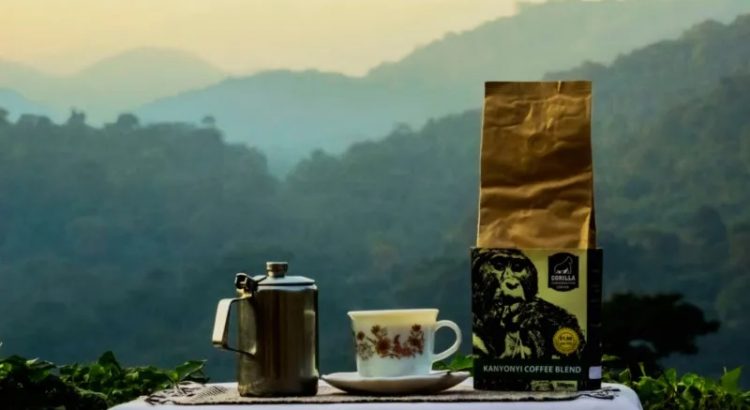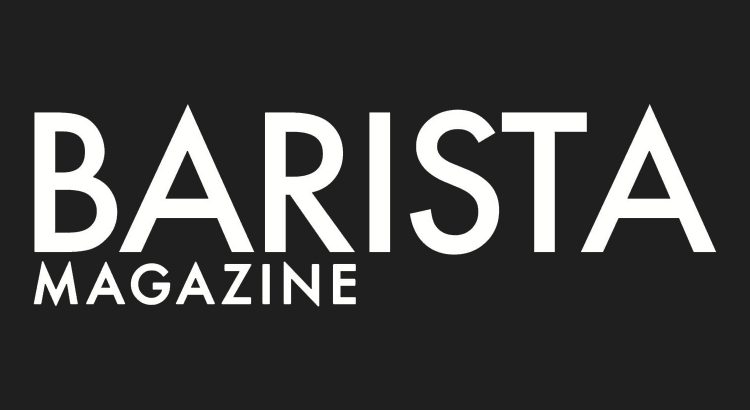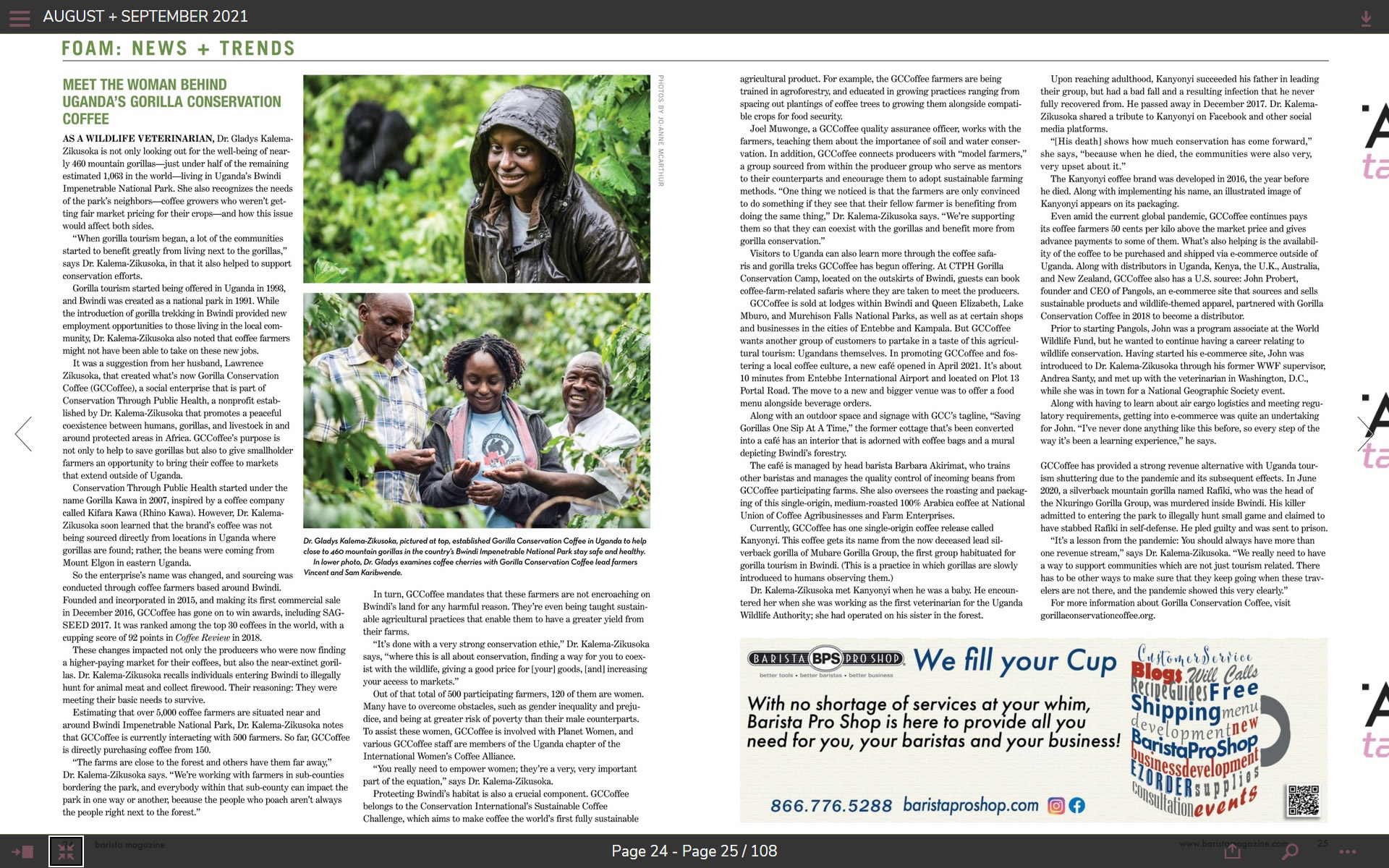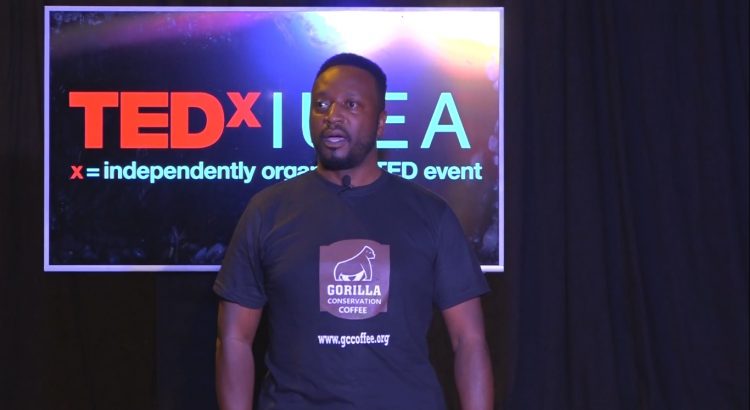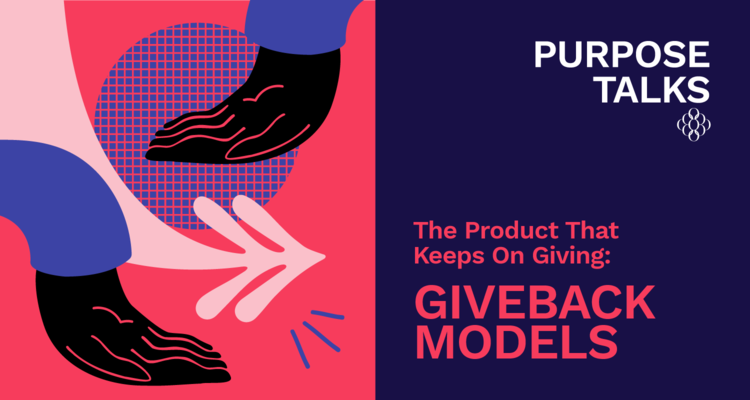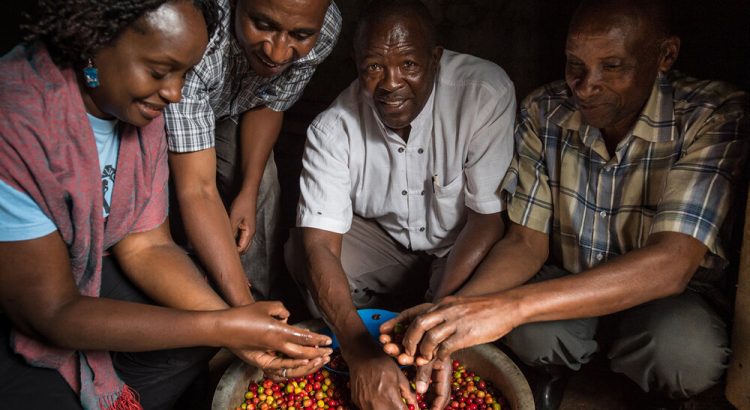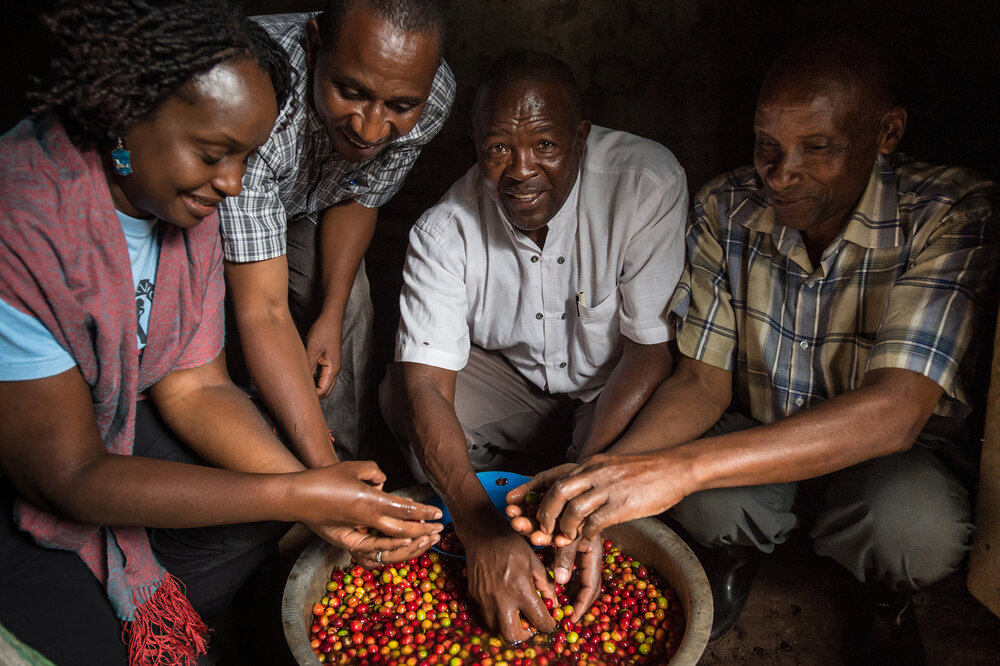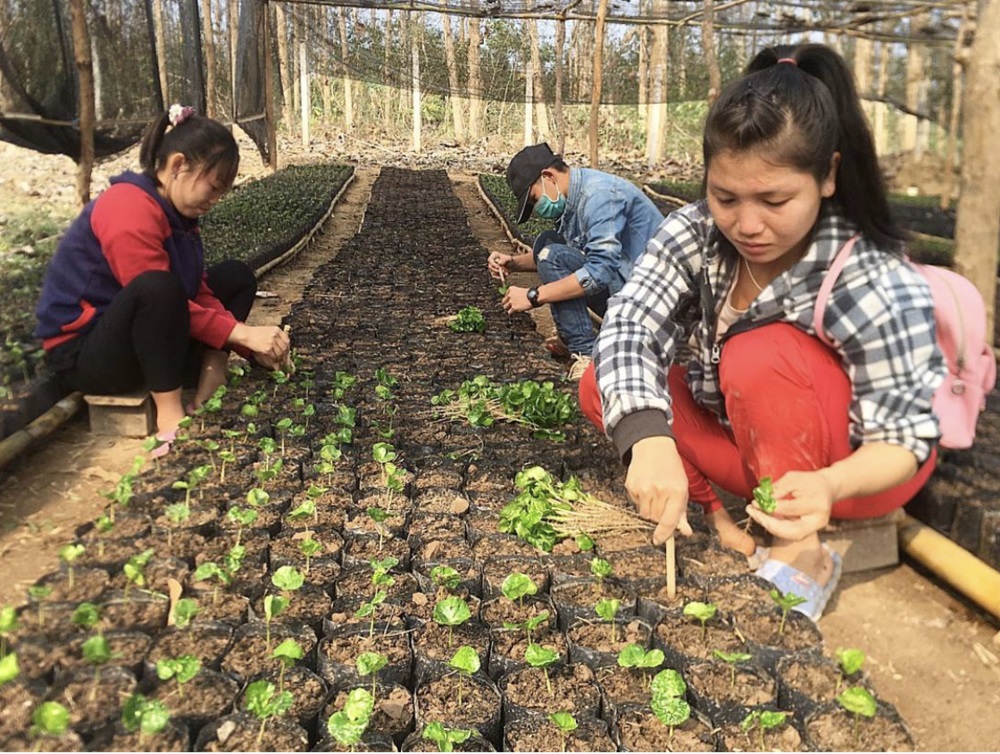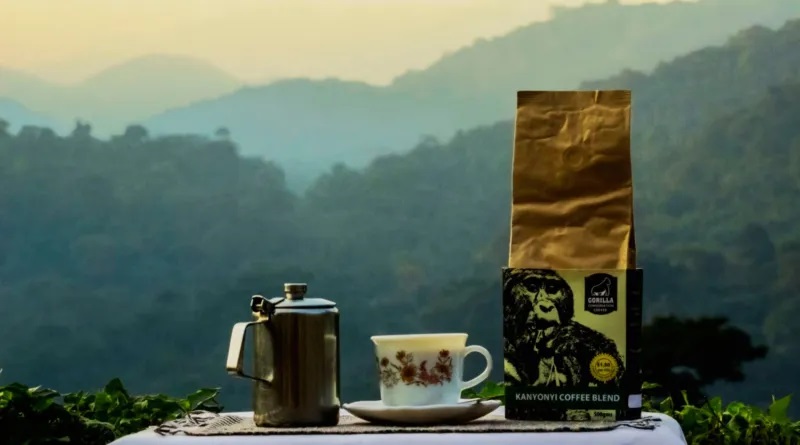
We love our coffee at CRDLE. But we love companies that address environmental, economic, and social issues even more. Enter Gorilla Conservation Coffee.
Luckily for us, we work with many brands that do both. And while working with sustainable brands, we have noticed that the term is thrown around too loosely these days.
Any organization that claims they are green or is linked with any environmental issue tends to get the “sustainable brand” label. But a true sustainable brand should address social and economic issues in their environmental sustainability programs, realizing how interlocked they all are.
According to Nielsen’s Global Corporate Sustainability Report, 66% of consumers would spend more on a product if it came from a sustainable brand.
About Gorilla Conservation Coffee
Gorilla Conservation Coffee is a brand that understands that addressing such issues is not some fad but a fundamental requirement to appeal to customers.
We want to put the spotlight on this incredible brand, show what makes them unique, and why you should give their excellent coffee a sip sometime.

Gorilla Conservation Coffee is a social enterprise of Conservation Through Public Health, founded by Dr. Gladys. She is the first Wildlife Veterinary Officer of the Uganda Wildlife Authority, winner of the Sierra Club’s 2018 EarthCare Award, and recently became a National Geographic Explorer.
She is married to Lawrence Zikusoka, a technology entrepreneur and one of the co-founders of Conservation Through Public Health. The couple started their own NGO to help support gorillas in the Bwindi region of Uganda but to make it more sustainable they came up with the idea for a coffee brand.
The Coffee
The coffee is 100% premium Arabica that is selectively harvested for only red ripe cherries, hand-picked, wet-processed, and dried under shade. Each bean is tested for quality parameters at every level. The coffee is then roasted medium and packed to the highest quality standards. Each cup has a unique aroma with hints of caramel, butter notes, and almond, with a citrus taste and a sweet finish.
Apart from selling quality coffee throughout the world, 3 things make Gorilla Conservation Coffee a unique coffee brand:

1) Started by Ugandans based in Bwindi
Bwindi is known for two main things: its gorillas and its coffee. Uganda is home to half of the remaining estimated 1,063 mountain gorillas alive today. Coffee farming has been a major employment vehicle for people living around the park’s periphery, but residents have had to poach wildlife to survive, and gorillas have been caught in the crossfire.
Due to their proximity both inside and outside the national park, preventable infectious diseases are being spread between humans, gorillas, and livestock. This along with habitat encroachment, poaching, and economic instability, is threatening the existence of the mountain gorilla.
2) They only source directly from Bwindi farmers
Whereas other companies source from other countries, Gorilla Conservation Coffee only sources from the local farmers in the Bwindi area.
Supporting local farmers helps to protect the endangered gorillas and their fragile habitat. Gorilla Conservation Coffee makes a special effort to support women, coffee farmers, helping to provide opportunities for women’s economic empowerment, disrupt male financial dominance and break ingrained stereotypes in the communities.
3) They pay almost 50 cents more per kilo to the coffee farmers
Gorilla Conservation Coffee pays a premium of $0.50 per kilo above the market price to coffee farmers living around the gorillas around Bwindi Impenetrable National Park. Gorilla Conservation Coffee further supports the farmers through training in sustainable coffee farming and processing. This helps to improve the coffee quality and increase production yield.
Gorilla Conservation Coffee: Saving Gorillas One Sip at a Time

They are currently selling all over the world, both green and roasted coffee. Their packaging is designed to quickly connect to consumers who love gorillas and want to be a part of the conservation solution.
By selling brand coffee, they hope to continue to raise awareness that gorillas still face conservation issues, habit loss, poaching, and disease outbreaks.
Gorilla Conservation Coffee has been at the forefront of integrating social development with wildlife conservation.
By working with coffee farmers living around Bwindi Impenetrable National Park, Gorilla Conservation Coffee is directly reducing pressure on the habitat of the mountain gorillas.
The lives of the people and gorillas of Bwindi are intrinsically linked. By boosting the incomes of the farmers and working to protect the home of the gorillas, both can have a more prosperous future.
So if you are someone who supports businesses that are conserving natural habitats, empowering farmers, and making a better world, then visit Gorilla Conservation Coffee’s profile here.
This is a guest article by Valerie Bowden, Co-Founder and CEO of CRDLE
About Valerie:
After backpacking Cape Town to Cairo solo, Valerie relocated from the United States to Ethiopia. She has helped some of the most recognizable brands in the world do business and investment in Africa.
About CRDLE:
CRDLE is a technology company with innovators who believe Africa can do better than its 2% market share of the world’s trade. We know that if trade increased by just 1%, the continent would earn an additional USD 70 billion annually – three times more than the aid it receives. It would also lift 100 million+ people out of poverty.
That’s why we geek out about all the incredible brands growing in Africa. Because they’re making a sustainable impact in their community, and we know that the world wants and needs what they have to offer.

About CoffeeCode
CoffeeCode is the UK’s fastest growing and most exciting coffee blog, and has a focus on great coffee, inspirational design and sustainability.
We always do our best to attribute photos, videos and quotes and information to their original sources. Please contact us if an attribution or content is missing or incorrect.
